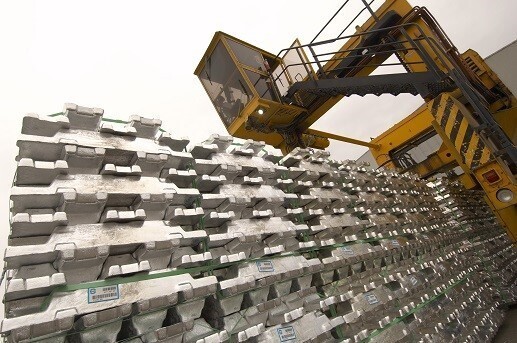

According to a report on April 18, United States President Joe Biden has tripled the current 7.5 per cent tariff on Chinese aluminium and steel imports and is putting pressure on Mexico to prevent China from shipping metals to the United States via Mexican ports.

In response to this move, the White House said in a statement, "President Biden knows that steel is the backbone of the American economy. American workers in the steel and aluminium industries face a significant challenge from Chinese exports of steel and aluminium."
Last year, Chinese aluminium and steel exports to the United States were valued at US$1.7 billion. Mining giant Rio Tinto pointed out that China's domestic steel demand stood stagnant in early 2024 and so its exports rose 30 per cent year-on-year during the first two months of the year.
The Biden administration says China's overproduction of aluminium and steel adversely affects America's metal industry.
"China's overcapacity and non-market investments in the steel and aluminium industries mean high-quality US products have to compete with artificially low-priced alternatives produced with higher carbon emissions," the White House said.
Aluminum Association applauds
Welcoming the US government's decision, the Aluminum Association said it would work closely with the United States Trade Representative to implement the White House directive. The Aluminum Association had long been advocating for an increase in the Section 301 tariffs on aluminium imports from China.
Charles Johnson, president & CEO of the Aluminum Association, said: "Today's decision is a win for the U.S. aluminium industry and the nearly 700,000 American workers the sector supports. Unfortunately, China continues to engage in significant unfair trade activities, including massive state subsidies which hurt U.S. manufacturing and global carbon reduction efforts. This targeted tariff action by the Biden administration will help to counteract some of these challenges."
In regards to the US decision to direct Mexico to jointly prevent Chinese imports, Johnson added, "We appreciate the administration's efforts to address potential transshipment and tariff circumvention in Mexico which may be allowing unfairly and illegally traded aluminium from China, Russia and elsewhere to enter the U.S. market."
Aluminum Association believes these moves to curb Chinese aluminium imports into the United States will help the latter reduce carbon emissions in its domestic aluminium production, given the fact that the primary metal produced in China mostly relies on coal-fired power. After all, the US aluminium industry is a crucial base of the US manufacturing sector and clean energy transition.



Responses






